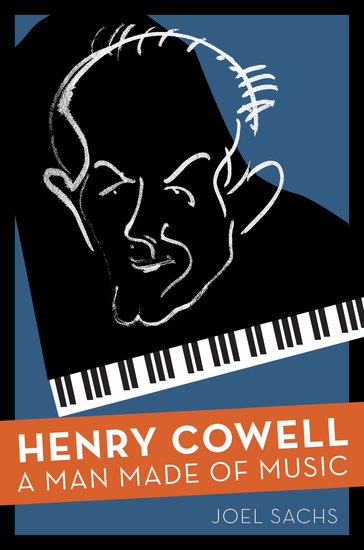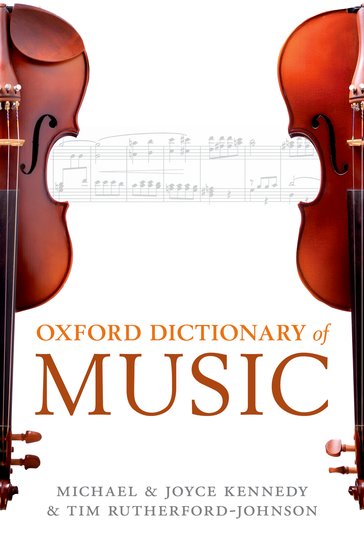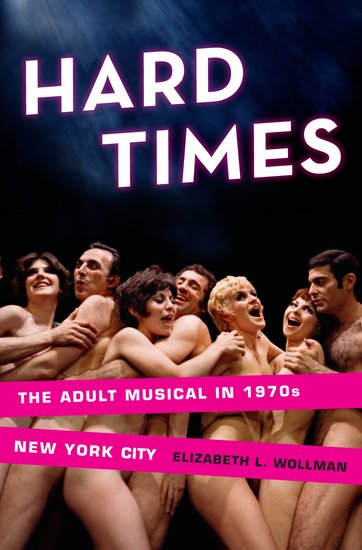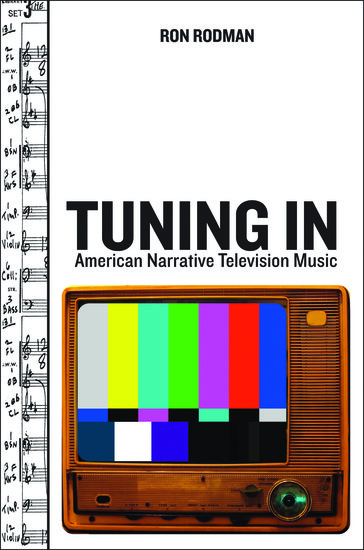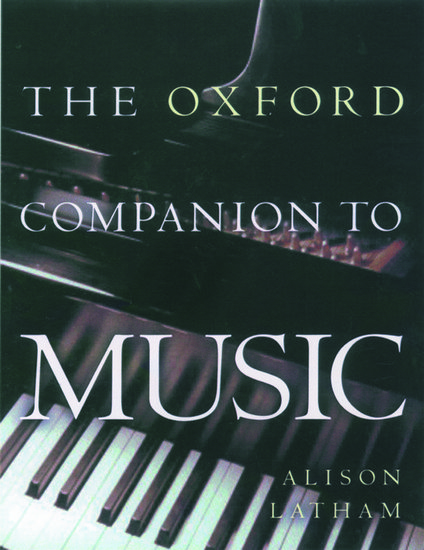Unravelling the life of Henry Cowell without unravelling the biographer
By Joel Sachs
As I began to go through papers at the New York Public Library for the Performing Arts, I was buffeted by competing forces: the exhilaration of unravelling the stunning reality of a man’s life, and the growing fear that, should I actually live to read all of the documents, I might never be able to digest them.

